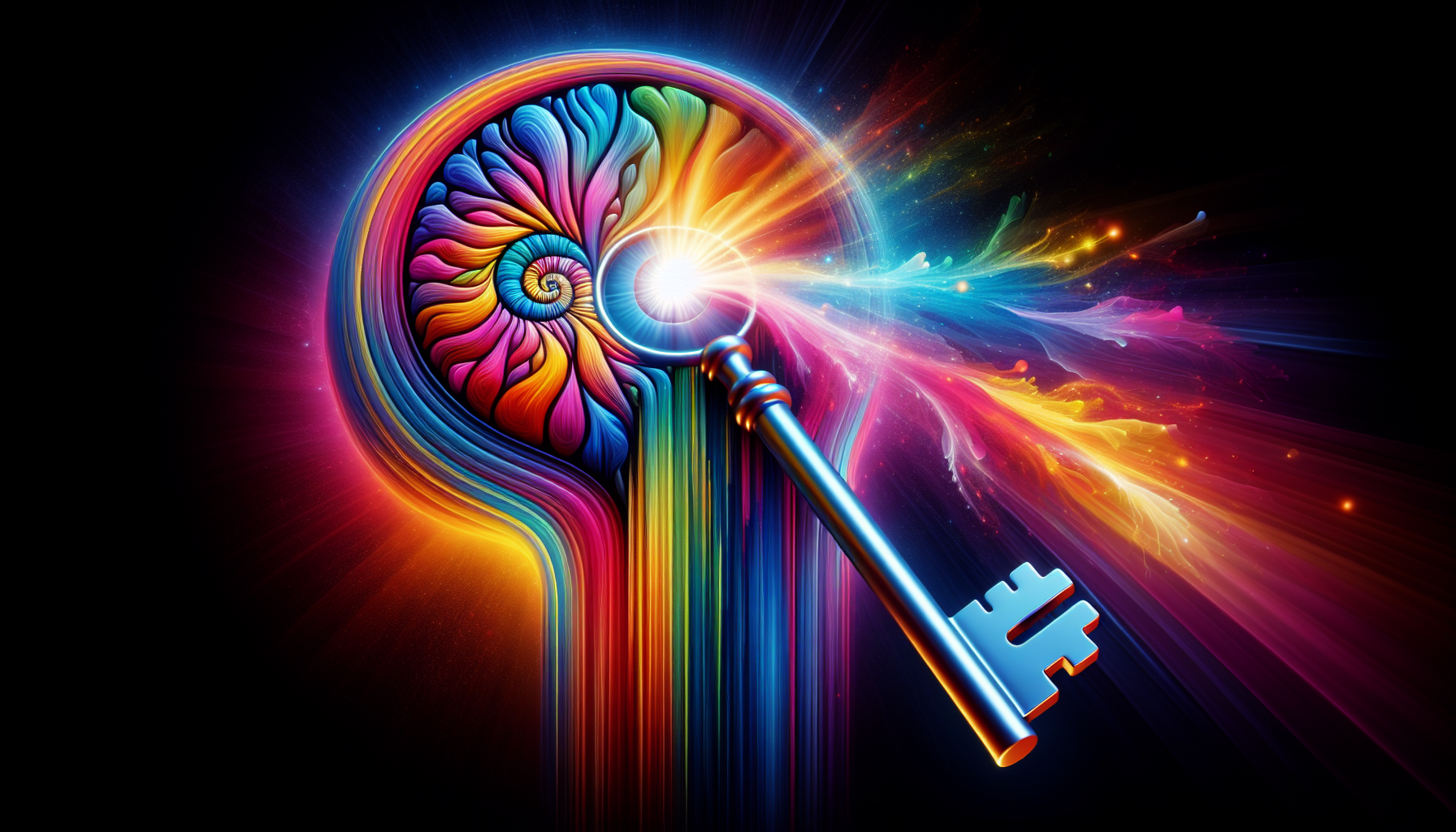
Introduction to AI Tools in Creativity
As storytellers, writers often find themselves in pursuit of that elusive spark of creativity that can turn a good story into an unforgettable journey. In this digital age, artificial intelligence (AI) has emerged as a surprising ally in this creative quest. AI tools are not just revolutionizing efficiency across industries; they’re also unlocking new realms of creativity. These innovative tools are designed to assist in the generation of story ideas, character development, and plot twists, making the daunting blank page a thing of the past.
The Mechanics Behind AI-Driven Creativity
AI tools for creative writing often rely on complex algorithms and extensive databases to generate content. Through techniques like machine learning and natural language processing, these tools can produce text that mimics human writing styles. By analyzing vast amounts of data—ranging from classic literature to contemporary narratives—they learn patterns and structures that are essential to storytelling. Consequently, they can suggest unique and compelling story ideas that can serve as a springboard for writers.
Top AI Tools for Generating Story Ideas
1. OpenAI’s GPT-3
GPT-3, developed by OpenAI, is a cutting-edge language generation model that can compose essays, poetry, and even news articles that resemble human writing. Its capability extends to generating story outlines based on simple prompts provided by the user, making it an invaluable resource for breaking through writer’s block.
2. Plot Generator
Plot Generator is designed to provide writers with inspiration for elements across various genres. By inputting specific keywords, users can receive suggestions for plot ideas, characters, and settings. Whether you’re looking to craft a romance novel or a sci-fi adventure, Plot Generator could be the creative kickstart you need.
3. Novelist
Novelist is an AI tool tailored specifically for those looking to craft compelling narratives. It suggests plot twists, character arcs, and even thematic elements, allowing writers to visualize the entire storyline from a bird’s eye view. Additionally, its interface is intuitive, making it accessible for both novice writers and seasoned authors.
The Role of AI Tools in Enhancing Creativity
While some may argue that the essence of creativity lies in the uniquely human experience, AI tools serve not as a replacement but as an extension of our creative faculties. They offer myriad possibilities by exposing writers to ideas and structures they might not have considered otherwise. These tools can encourage writers to explore new genres, tackle more complex themes, and diversify their storytelling techniques.
Moreover, the speed at which AI tools can generate ideas helps diminish the frustration associated with creative blocks. By swiftly providing numerous suggestions, they allow writers to maintain their creative momentum, leading to more fulfilling and productive writing sessions.
Navigating the Future of Storytelling with AI
The integration of AI into the creative process of storytelling is just beginning. As technology continues to evolve, so too will the capabilities of these tools, opening even more doors to imagination and innovation. The key for writers is to remember that AI is a tool for augmentation, not a substitute for the human touch that gives stories their soul. By merging human creativity with AI’s computational power, storytellers can unlock new depths in their narratives, crafting stories that resonate with readers on a profound level.
In the quest for creativity, AI tools stand as beacons of inspiration, guiding writers through the myriad possibilities that lie within their imagination. Embracing these tools can lead to uncharted territories of storytelling, where the only limit is one’s own creativity.






